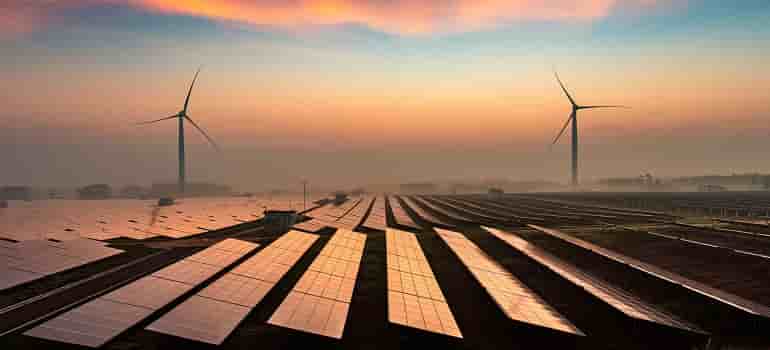The global energy transition is falling short of its targets and requires urgent action, according to a preview of the World Energy Transitions Outlook 2023 unveiled at the Berlin Energy Transition Dialogue.
The report highlights that despite progress in the power sector, with renewables now accounting for 40% of installed power generation, it falls far short of the 1.5°C pathway.
To keep the 1.5°C target within reach, deployment levels of renewables must grow from 3,000 GW today to over 10,000 GW in 2030, an average of 1,000 GW annually.
The Preview also reveals that deployment is limited to certain parts of the world, with two-thirds of all additions in 2022 coming from China, the European Union and the United States, leaving developing nations further behind.
It calls for a systemic change in the volume and type of investments to prioritize the energy transition.
Global investment in energy transition technologies reached a new record of USD 1.3 trillion in 2022, but yearly investments must more than quadruple to over USD 5 trillion to stay on the 1.5°C pathway.
The report also emphasizes the need for stronger international collaboration, including collective efforts to channel more funds to developing countries. Achieving the energy transition requires a fundamental shift in the support to developing nations, putting more focus on energy access and climate adaptation.
The forthcoming 2023 edition of the World Energy Transitions Outlook will propose effective ways to accelerate progress over the next five years towards 2030 and contribute to the first Global Stocktake concluding at COP28 in the United Arab Emirates.


